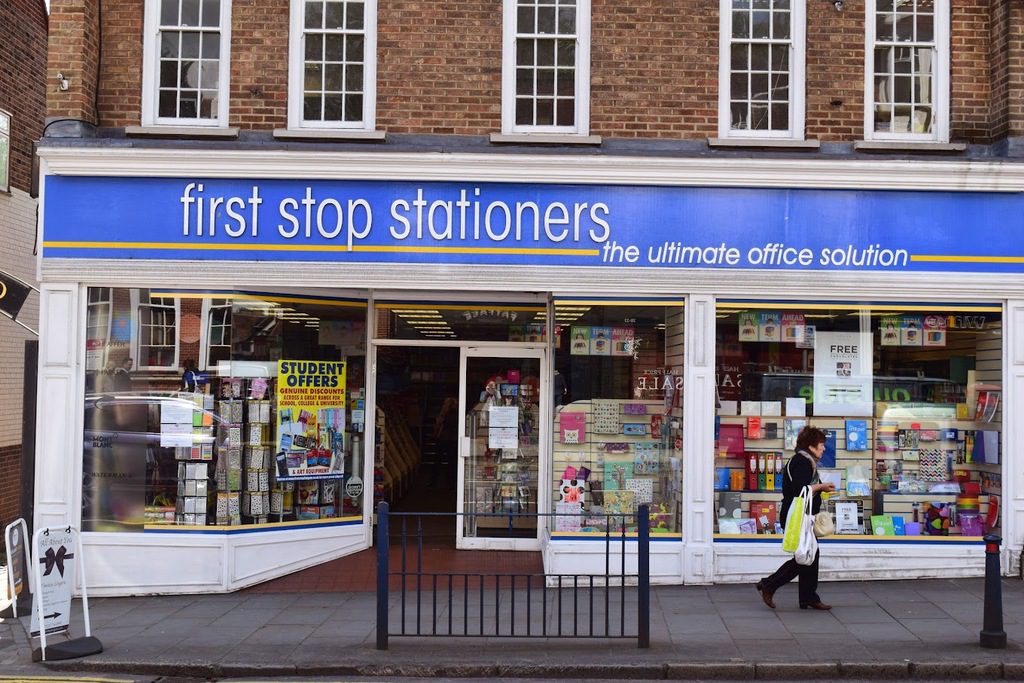How to look like a brand
26 Apr 2017

We all have our brand, but on a personal level we don’t call it ‘brand’, we call it personality. Everything you do defines who you are – the way you dress, the car you drive, the restaurants you like going to eat at, your phone model, and the photos you post on social media. All of this enables other people to make decisions about what kind of relationship they want to have with you, including whether or not they like you and want to be part of your ‘tribe’. What you’re essentially doing by the way you project yourself is creating an emotional connection with like-minded people.
Whilst on a personal level, your brand has evolved without you giving much conscious thought to it, your company’s brand needs to be much more carefully considered to create that all-important emotional connection that attracts the right customers to your small business in Hertford.
How do you connect with other brands?
Think about the brands you like – what do you like about them? Is it reliability, honesty, price, or the amount of charity work they do? What do you feel when you buy one of their products – does it make you feel happy, smart, comfortable, or that you’re doing something good? Which ones have you liked on social media? Do you open or delete marketing emails from them – if you do, why is that?
Define your brand
Once you’ve identified what it is you like about other brands, you’re probably well on the way to defining what your own brand is. What you need to do now is ask yourself questions about your business: what is your company’s mission? What are the benefits of your services or products and what problems do they solve? What qualities would you like your company to be associated with, i.e. great customer service, reliability, value for money, eco-friendly, high quality, fun, stability etc?
Shout about your brand
Having formulated a brand, think about creating a brand voice which is in keeping with the image you want to portray. Your brand voice will be heard across the brand, from the way you answer the phone, interact with customers, clients and suppliers, social media posts and your marketing copy, i.e. do you want to be formal and business-like or chatty and friendly? Even something as simple as your email signature reflects your brand and therefore needs to be thought about carefully.
Stick with it
Once you’re happy with your branding, create your own brand guidelines so everyone who works for you is clear (search online for examples and templates). Then make sure you and all your employees conform to the branding in order to fulfil customer and client expectations. For instance, if you are selling your brand on its high levels of customer service, you must make sure that customers get just that. There’s no point in assuring clients that someone will always reply to emails within two hours if no-one does – that’s a sure-fire way of losing your business to the competition.
Having the right address
Where you are based is also an essential part of your branding. If you want to project yourself as a professional brand, then you need to be based in a professional location such as a city centre or a business park. That gold-embossed letterhead isn’t going to fool your customers you’re a high quality brand if they find out you’re based in an old portacabin in a run down-area!
Even if your business doesn’t need a physical office, you could have a virtual office instead. By using the UOE Hub in Hertford as your business address, you’ll give your clients the reassurance of professionalism a good address brings, without the expense of having to rent a physical office. You will also be able to get discounts on the use of the meeting spaces if you need to impress any clients with face-to-face meetings, increasing the professionalism of your brand. Contact us for more information.






